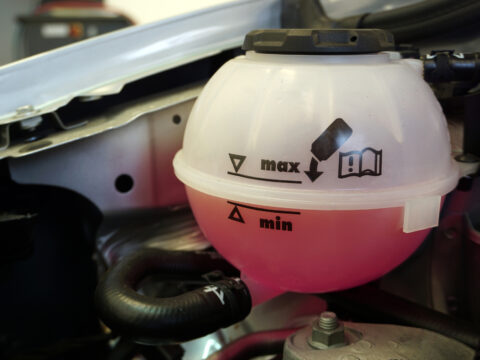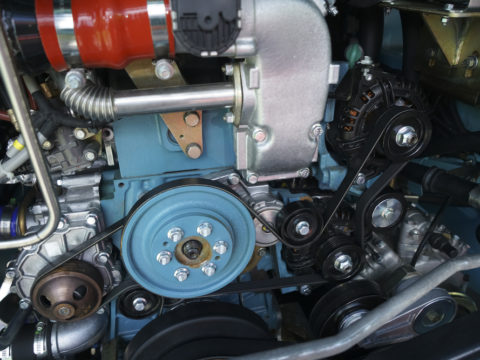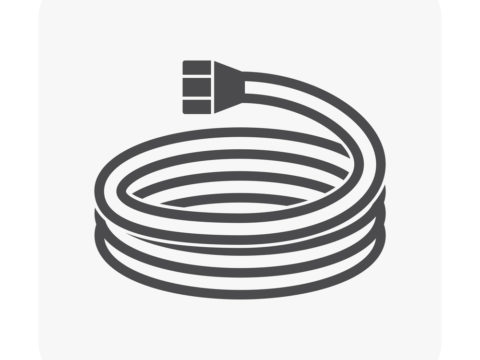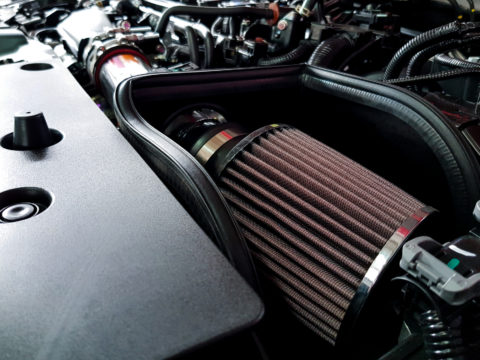Transported your vehicle but not sure why your car is making a funny noise now?
Below we’ll get into common car noises and how to fix them (or if you even should bother).
Let’s get started.

Common Car Noises that Cause Trouble and Fixes
1. Rattling noise
One of the most common noises in a broken vehicle is the rattling noise. It indicates that something has come loose inside of your vehicle. It could be a nut, bolt or fastener, but it’s impossible to know where it is exactly unless you know what to look for.
To check this, look under the hood, under the car itself, inside of your vehicle and around the wheels as well. It often depends when the rattling is happening, so if you make a turn, and the rattling noise comes, then you’ll know that it’s coming from that section of the vehicle.
It could also mean that the suspension is warm, loose brackets, a broken catalytic converter or the heat shield is broken. These problems can be fixed DIY, or you can hire a professional to help with the cause.
A1 Auto Transport New York states that under the event of a vehicle problem after shipment, it’s best to follow up with your transport company to see if there is any possibility under the insurance that your car can be serviced.
2. Whining noise
If your tire pressure is low, it can cause whining. You can check if your tires need to be filled by using a tire pressure gauge, which can be found at most tire filling stations like a gas station. If you have high pitched noises during turning, it means you need power steering fluid, you may also have a leak.
A whine can also be a number of different problems, like your transmission, differential, wheel bearings, fan motor/clutch as well as timing belts. It’s best to double check all fluid levels and determine when exactly the sound occurs to let your professional know.
3. Squeaking
A squeak is normally worn/overheated brake pads. If you break and you hear a squeak, it’s most often than not an issue with the brake pads. It’s of the utmost importance that you don’t let the squeal turn into grinding, causing a fault in your brake pads and potentially causing an accident.
Dry suspensions and worn hoods/truck bumper stops can also be another reason your car is squeaking after being transported. Coolant from the water pump leaking or the heater hose can also be the culprit in this matter.
4. Noise when accelerating
A noise when your car accelerates means that you may have a bad motor mount causing vibrations, scraping or clunky noises when you’re accelerating. This is not a DIY fix and will need to be diagnosed by a professional because removing the motor is a job in itself.
If you hear a sound like something being dragged over a metal pipe, it is an indication of an engine knock, or when there is too much carbon within the cylinders. Change out the fuel in this scenario and look to change the spark plugs as well as the oil. You can also buy a specialty product to help remove the carbon deposits.
The drive belt, weak tensioner can also cause noise while accelerating and is able to be fixed by you.
“If however you don’t feel comfortable fixing your own vehicle, it always is important to have a professional do it. Car mechanics aren’t cheap, but the skills they accumulate during their career will ensure your vehicle is properly fixed.” a quote from Joe Webster – one of the owners of A1 Auto Transport.
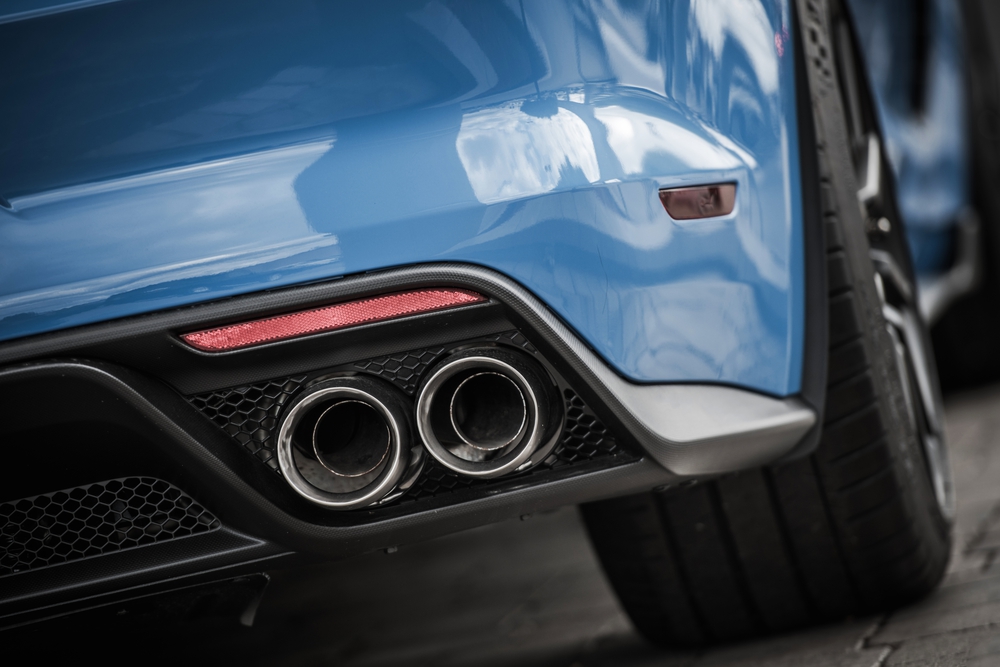
Conclusion
Transporting a vehicle is a complex process, and it’s not uncommon for cars to exhibit new noises after being shipped, especially over long distances such as from New York. The origins of these noises can range from simple causes like low tire pressure to more intricate issues related to the engine or transmission.
From our case study, we’ve pinpointed that rattling, whining, squeaking, and noises during acceleration are among the most common post-shipping auditory concerns. Solutions range from easy DIY fixes, like checking fluid levels or tire pressure, to more intricate interventions that require the expertise of a professional mechanic.
While it’s tempting to address minor noises on your own, it’s always prudent to consult with a professional, especially if you’re unsure about the nature or source of the sound. Furthermore, always liaise with your transport company after noticing any discrepancies post-shipment; there may be insurance provisions in place to address potential damages.
Remember, the integrity and functionality of your car are paramount. While noises might seem benign, they can be indicative of underlying issues that, if unaddressed, could lead to larger problems in the future. Always prioritize the health and safety of your vehicle, and when in doubt, consult a trusted mechanic. Safe driving!

